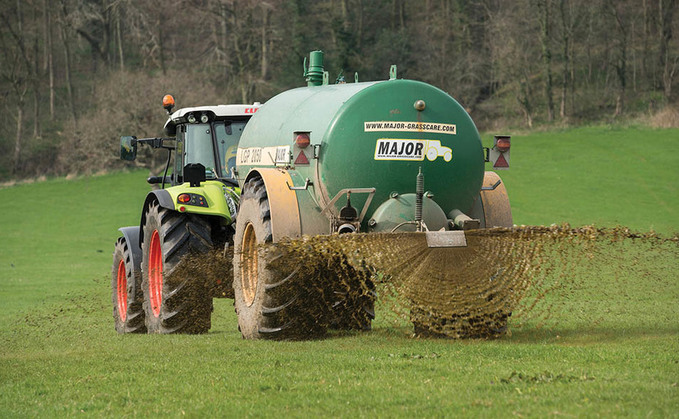
Despite ‘significant pressure' on farmers to manage slurry better, they have found local authorities have rejected many applications for slurry stores, on the premise in the ‘immediate short-term emissions...

Despite ‘significant pressure' on farmers to manage slurry better, they have found local authorities have rejected many applications for slurry stores, on the premise in the ‘immediate short-term emissions...

INTRODUCING THE NEW FARMALL THE ONE FOR ALL

NEW HOLLAND T6.180DCT

NEW JCB 403 AGRI-Plus 50HP